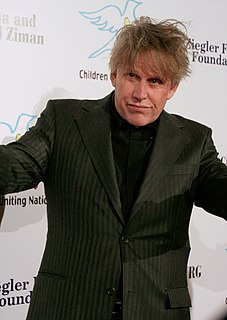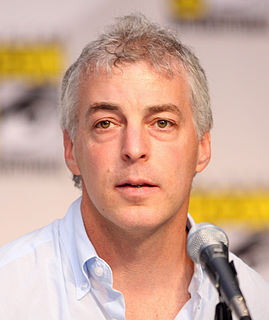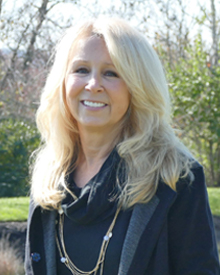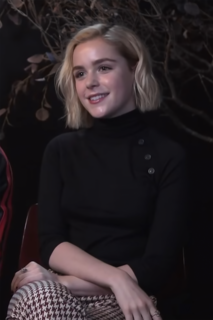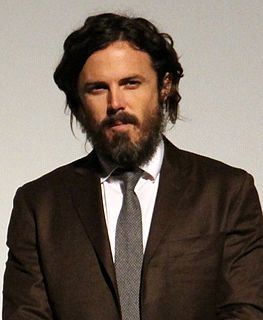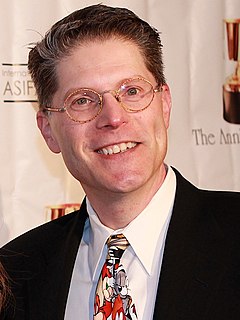A Quote by David Mamet
Any time two characters are talking about a third, the scene is a crock of s***.
Related Quotes
The stage is the opposite: you are talking loud so you can project to the back row and you know the whole play. In a movie, you are scene-to-scene; you only know the purpose of that scene. On the stage, that is artistic science. It is real, it is loving, it is truthfully you. It is two different formulas to make two different art pieces, but it is all about truth.
What's actually amazing is that, after a couple of years of living with characters and writing characters and talking about characters, as we sit in the writers room and break episodes, it strikes you, every once in awhile, that you're talking about a character that's played by the same actor, who you've been talking about forever. We talk about a character dying, so you get emotional, and then you realize, "Oh, but wait, that actor is still on the show."
have a much harder time writing stories than novels. I need the expansiveness of a novel and the propulsive energy it provides. When I think about scene - and when I teach scene writing - I'm thinking about questions. What questions are raised by a scene? What questions are answered? What questions persist from scene to scene to scene?
Occasionally, as an actor, you're not... Sometimes, at least for me, I'm not fully in the groove until the second or third take, in which I would not want to just stop. If it's a scene that takes a lot of work and time, sometimes the scene gets better with time, and sometimes it gets exhausted. I think it just depends on the scene.
I've always noticed talking about lyrics is like talking about a duality. It's like a Gemini time every time I talk about one line. Because each line, of course, means different things to different people, millions of interpretations. With me, I always see two sides. I just see things split into two.

